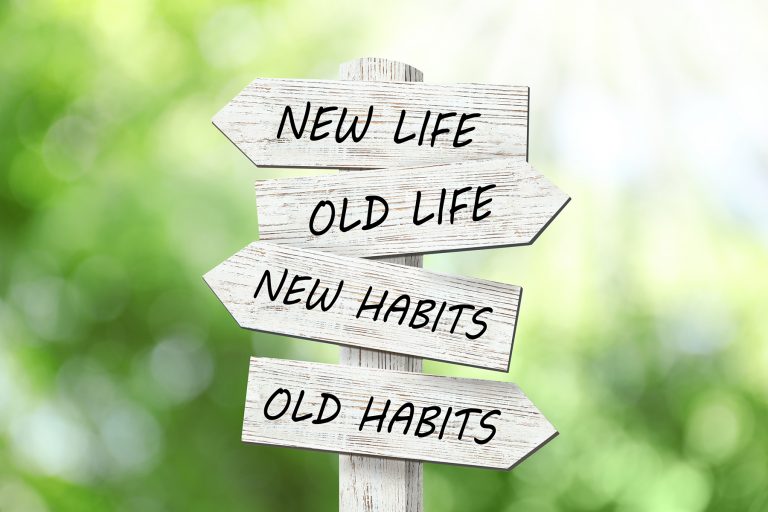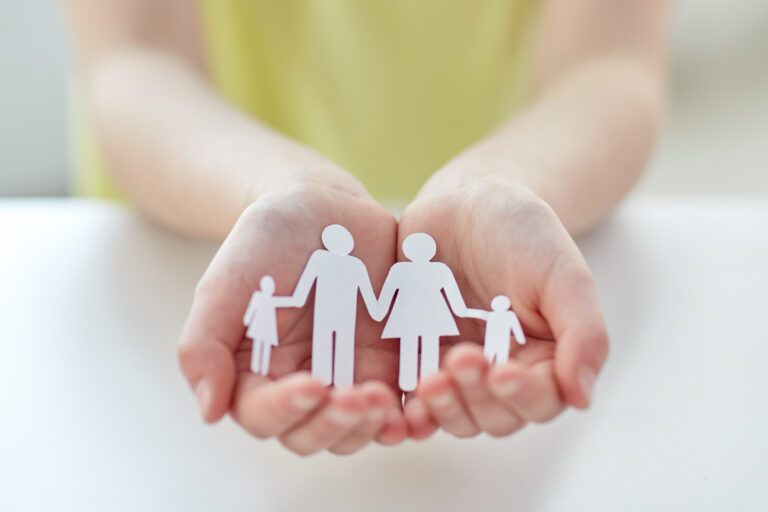Eating disorders are very often misunderstood. For example, did you know that 85% of people with an eating disorder are not underweight? A new study revealed that teens and young adults with atypical anorexia nervosa can have normal body weights and still be dangerously ill.
This is just one example where the myths and misconceptions about eating disorders, alongside the stigma of admitting that you or a loved one is suffering from an eating disorder, can often get in the way of an early diagnosis. This delays treatment and can lead to dangerous levels of malnutrition and short and long-term health complications.
At our eating disorder treatment centre in Spain, we believe it’s vital that parents and young people understand eating disorders. Eating disorders respond well to treatment, so acting quickly to get the help they need to overcome this potentially fatal disorder is vital. Knowledge is definitely power when it comes to spotting the signs early enough to take action before damage is done. That’s why we wanted to share the Nine Truths About Eating Disorders with you today and have also shared 10 ways to spot an eating disorder on our website.
Released by the Academy for Eating Disorders in 2015, this is a seminal document in the treatment of eating disorders and is backed by science. This document was a collaborative effort with the AED and many patient, advocacy and parent groups, to ensure that the key stakeholders were happy with the content. It was based on common myths and misconceptions, which were then questioned and examined against facts and scientific research to provide the nine truths.
It has been extensively investigated and queried since then, and stands up to scrutiny, yet we find that many of our clients and their parents were not aware of the document and would have found it helpful in the early stages of their disease.
So, let’s dive in to the nine truths and give you some examples of them in practice.
Truth #1: Many people with eating disorders look healthy, yet may be extremely ill.
This is backed up by a new study into atypical anorexia, where patients’ weight is within a normal range. “This group of patients is underrecognized and undertreated,” said the study’s senior author, Neville Golden, MD, professor of paediatrics at the Stanford School of Medicine. “Our study showed that they can be just as sick medically and psychologically as anorexia nervosa patients who are underweight.”
Truth #2: Families are not to blame, and can be the patients’ and providers’ best allies in treatment.
At The Bridge we understand that eating disorder treatment requires the support of the families to be effective. We work with them to ensure they understand the condition and the supervision and support that the clients need after they leave our eating disorder treatment centre. We encourage families to seek their own help too, as it is a traumatic experience for the whole family.
Truth #3: An eating disorder diagnosis is a health crisis that disrupts personal and family functioning.
Truth #4: Eating disorders are not choices, but serious biologically influenced illnesses.
Ali Silver, nutritional therapist and co-founder of The Bridge explains, “An eating disorder is not a choice. Recovery is a choice. Eating disorders are confusing and difficult to overcome – for every part of an individual that wants recovery, there is an equal part that does not. The ED mentality has a lot of perceived pay offs, and can act like an addiction, encouraging secrecy and damaging behaviours to persist, even when the sufferer admits they have a problem.
Truth #5: Eating disorders affect people of all genders, ages, races, ethnicities, body shapes and weights, sexual orientations, and socioeconomic statuses.
We see all kinds of people come to us for help with eating disorders, including men. They can sometimes exhibit different symptoms, but have the same mindset and the same risk factors and complications. Unfortunately, the myth that eating disorders are only experienced by girls and this is not something parents of boys, or young men should be concerned about makes it even harder for men and boys to feel they can admit that they have an eating disorder and seek the help that they so desperately need. You can find out more about this in our article Do men get eating disorders?
Truth #6: Eating disorders carry an increased risk for both suicide and medical complications.
Unfortunately Eating Disorders affect cognition and leads to black and white thinking, which can be dangerous. Malnourishment also means a lack of dopamine and other hormones which can lead to very negative impacts on physical and mental health. According to the National Eating Disorders Association, approximately one-quarter to one-third of people with anorexia nervosa, bulimia nervosa, or binge eating disorder have thought about suicide, and one-quarter to one-third of people with anorexia and bulimia have attempted suicide. This is something which is not as well known as it should be and the lack of knowledge increases the risks for the sufferer.
Truth #7: Genes and environment play important roles in the development of eating disorders. There is evidence that EDs run in families. This could be due to the fact that if an eating disorder goes untreated, children pick up on behaviours and model things they have seen from their family members. There may also be a weight and shape bias in the family which leads to extreme eating styles, which could be a catalyst for ED. Also, lack of effective communication can lead to turning to food for comfort. It’s important that families are aware of how they eat and talk about food and weight with children, to avoid issues developing later down the line.
Truth #8: Genes alone do not predict who will develop eating disorders.
Truth #9: Full recovery from an eating disorder is possible. Early detection and intervention are important.
At The Bridge we see every day just how effective eating disorder treatment can be. Because of our long-term approach to recovery, we keep in touch with our clients to check in and see how they are doing and if they need any follow up assistance. We love to hear happy stories of them sticking with recovery and how their lives have improved. Thanks to the support we’ve given them and their commitment to lasting change they have gone on to go to university, get a job, have relationships and families of their own. It just goes to show how important it is to seek help and that there is hope for a brighter future for anyone with an eating disorder.
Get the help you deserve
As the final truth so rightly tells us – full recovery from an eating disorder is possible and treatment is highly effective, especially in the early stages of the disease. Our eating disorder treatment centre offers residential treatment for eating disorders from a highly trained and experienced team of specialist nurses, doctors and nutritionists. We see first hand just how effective treatment can be and love to be able to get clients back on track, build up their strength and change the way they think about themselves. Our treatment leaves clients feeling stronger and more resilient in body and mind, with an improved relationship with food and more self-esteem. Please contact us to find out more about how we can help today.




